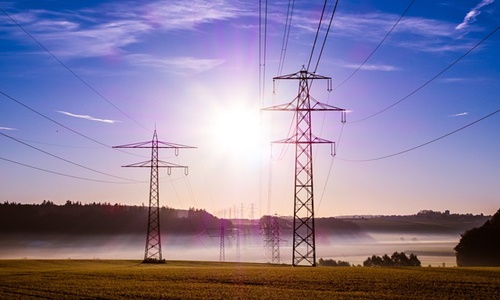
Record-high energy consumption in Korea this winter, fueled by the ongoing harsh weather, is reportedly bolstering the case for rate increases in the following weeks, industry observers announced on Sunday.
As per sources, energy price increases will be gradual but definite, adding to the hardships of many families in the shape of rising living expenses amid growing inflation. According to the finance ministry, consumer prices would rise by 3.5% next year, up 0.5 percentage points from projections made in June. In three successive price increases in April, July, and October of this year, the energy cost increased by a total of 19.3 ($0.015) per kilowatt-hour (kWh), a 20% increase from the previous year.
The approval of a bill allowing KEPCO (Korea Electric Power Corp.), the debt-ridden state-run energy corporation, to raise corporate debt up to five times the value of its reserves and capital combined does nothing to alleviate the unfavorable conditions. It is now limited to issuing double the sum of the funds. KEPCO called to issue top-rated, State-guaranteed AAA bonds to offset its unprecedented operating losses, which are estimated to exceed 34 trillion ($26 billion) this year, substantially above the 30 trillion ($23.5 billion) projection made a few months before.
KEPCO, the energy ministry, and energy market analysts, in general, believe that energy prices have been and are too low for too long, as regulated by the former Moon Jae-in government, whose nuclear phase-out strategy directly opposed rising public energy prices.
As reported by the Korea Power Exchange, at 11 a.m. on December 23, Korea's maximum power consumption reached an intraday high of 94,509 megawatts (MW).
The amount exceeded the prior high of 92,995 MW from the previous day and the previous intraday high of 97,708 MW from the past year.
However, it is unclear whether and to what extent the energy authority will raise the price of electricity.
Source credit: https://www.koreatimes.co.kr/www/tech/2022/12/419_342339.html




